In today’s time, every person is associated with at least one financial organization be it a bank, a borrowing/lending organization, an online payments app, or other financial services. But things were quite different a couple of decades ago when banks were only seen as an institution for safekeeping hard-earned savings or borrowing a loan to start your own hustle.
The emergence of public and private fintech organizations with more diverse money management options has given people a different perspective about them. With digitization acting as a catalyst, fintech companies have doubled up as fast and easy investment options and have brought more customers to their doorstep.
WhatsApp Business in Fintech
WhatsApp Business is a subsidiary of Facebook and is a counterpart to WhatsApp-one of the most popular messaging apps in the world with more than 1.5 bn active users worldwide.
WhatsApp Business was created to empower businesses with a messaging tool that will allow them to interact with customers on a personal level. WhatsApp Business allows businesses and institutions of all kinds to understand their clients more closely. It helps in providing in-time customer care and offers them supreme customer experience.
WhatsApp Business functionality is not just limited to a messaging tool. In today’s time, it plays a pivotal role in social media marketing and social CRM. WhatsApp has a high open-rate of around 70%. Using it as a marketing channel helps businesses reach a wider range of audiences and get a better response.
Example:
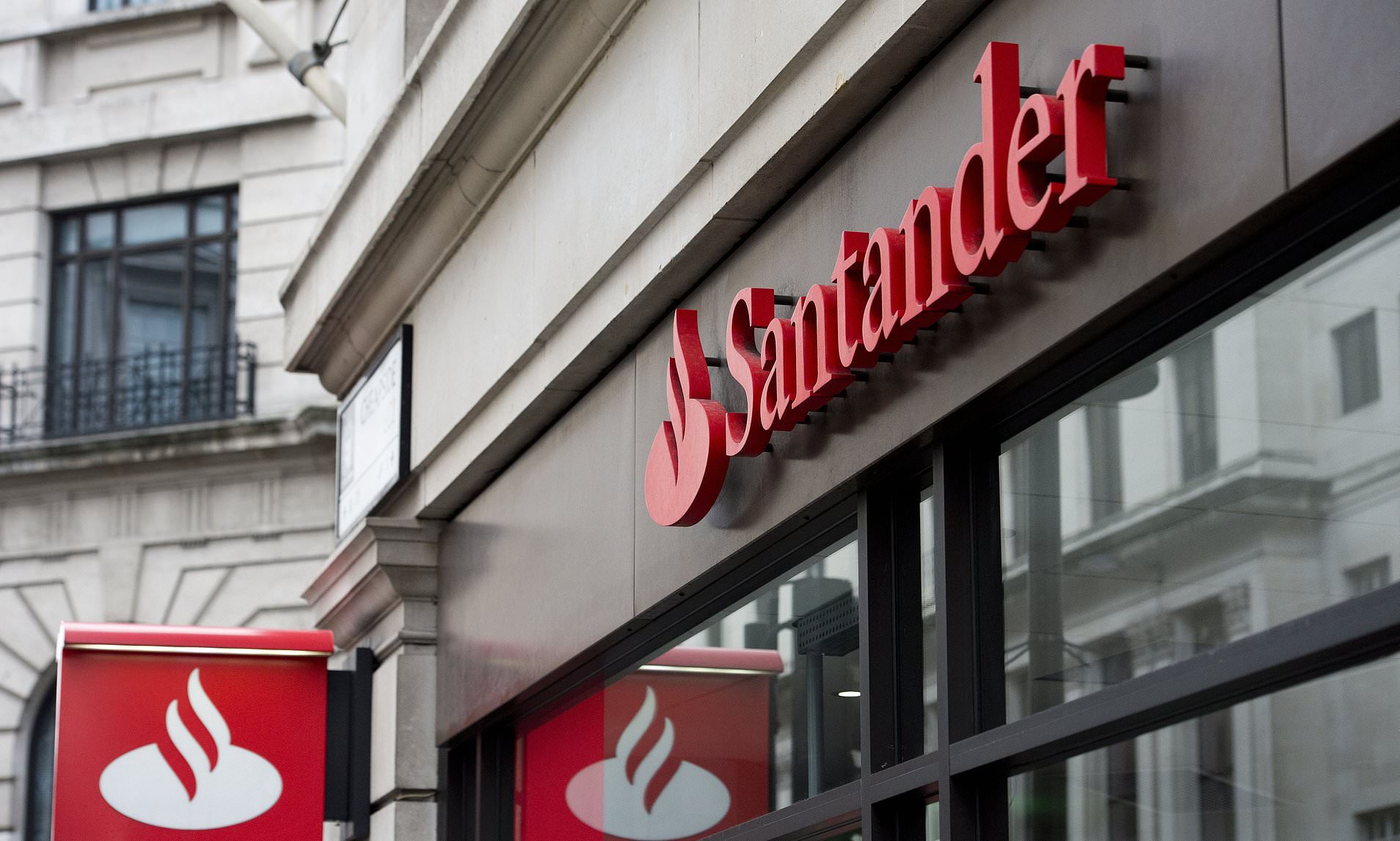
Banco Santander Bank is a popular bank in Boston that created Open Bank, a WhatsApp customer service number where you can chat with the bank, post queries, and solve issues. In a test pilot done with 17,000 customers, 99% of consumers found the service very useful and 98% said they would continue to use it.
Banco Santander Bank’s WhatsApp marketing campaign has proved that WhatsApp Business can be a real game-changer for fintech organizations in terms of customer experience.
7 Reasons Which Makes WhatsApp Business an essential Tool For Fintech
Among all other industries, Fintech is one of the most interactive and requires constant interaction between customers and the business. With WhatsApp Business as an interface between customers and fintech organizations, customers can find a secure and efficient channel to communicate with organizations and avail instant query responses.
Here are some of the reasons why WhatsApp business in Fintech is a must-have tool:
1. Highly secure system

When it comes to money matters, security is always a primary concern. People all around the world fall victim to online frauds everyday in the form of phishing attacks or account hacks.
WhatsApp messaging tool is known for its high-end encrypted security system. It incorporates strict anti-spamming and anti-hack features and makes it one of the most secure channels for banks and customers to engage with each other.
2. In-time response using chatbots

For banking and fintech organizations, providing fast and efficient customer care is of utmost importance. By using chatbots to provide instant responses to customer queries, banks and other organizations can gain the trust of their customer.
Chatbots can help fintech organizations handle customer queries and provide them instant customer care services. Chatbots can also be trained to respond to FAQs which usually constitute queries received by customer care executives regularly. WhatsApp Business can further be used to set up a hotline/helpline on WhatsApp.
3. Payment Reminders and Update
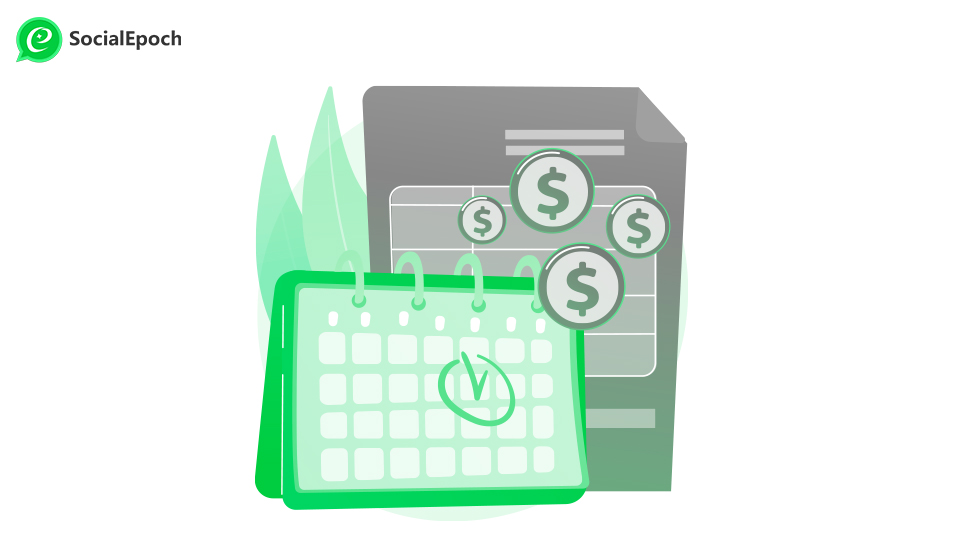
Missing payment deadlines are neither pleasant for the customer nor the bank. In many cases, it also incurs a penalty for customers. To avoid such situations, banks and fintech organizations can use the Auto-reply feature. This feature can schedule a recurring reminder for customers for any approaching payment deadlines. WhatsApp business can also be used to update customers regarding recent transactions, charges, or deductions made against their account.
4. Latest Products and Services Updates
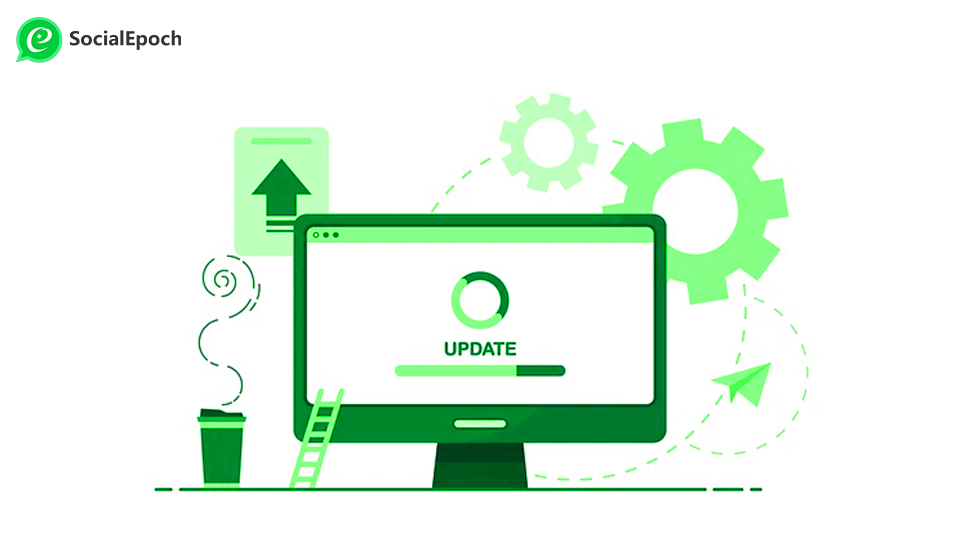
Considering that Whatsapp read rate of 98%, promoting new products, and schemes through the channel will ensure it gains maximum customer attention and high conversion. It can be really useful for fintech companies offering insurance schemes that fail to get much attention from people when approached personally.
5. Virtual KYC option
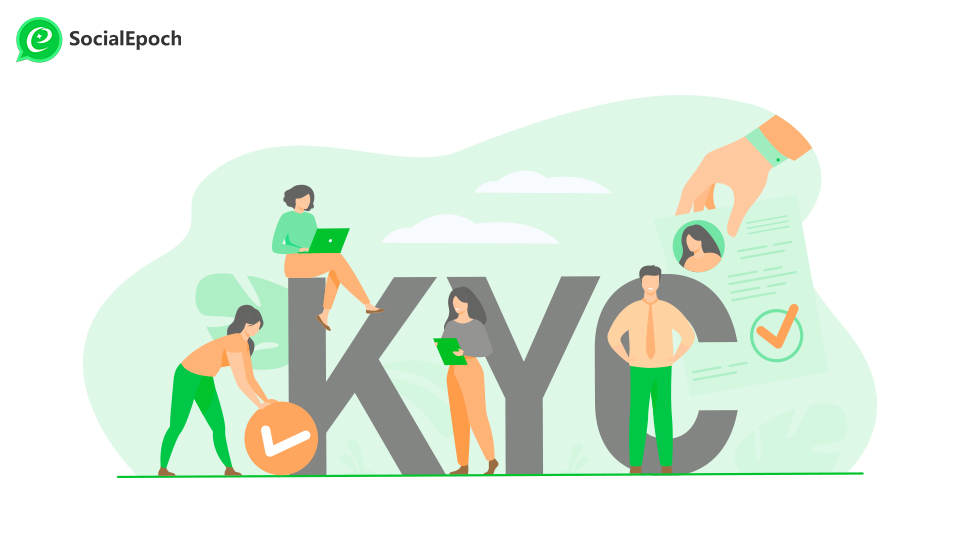
In the current scenario, people have to visit their banks to open their accounts, update their KYC(Know Your Customer) details, or for the formalities to get bank loans. With WhatsApp Business, banks, and other organizations can set up virtual meetings through audio or video calls for such formalities and even exchange documents through the same portal.
This makes the entire process convenient for both customers and banks and brings in trabsparency and efficiency.
6. Payment using WhatsApp Pay
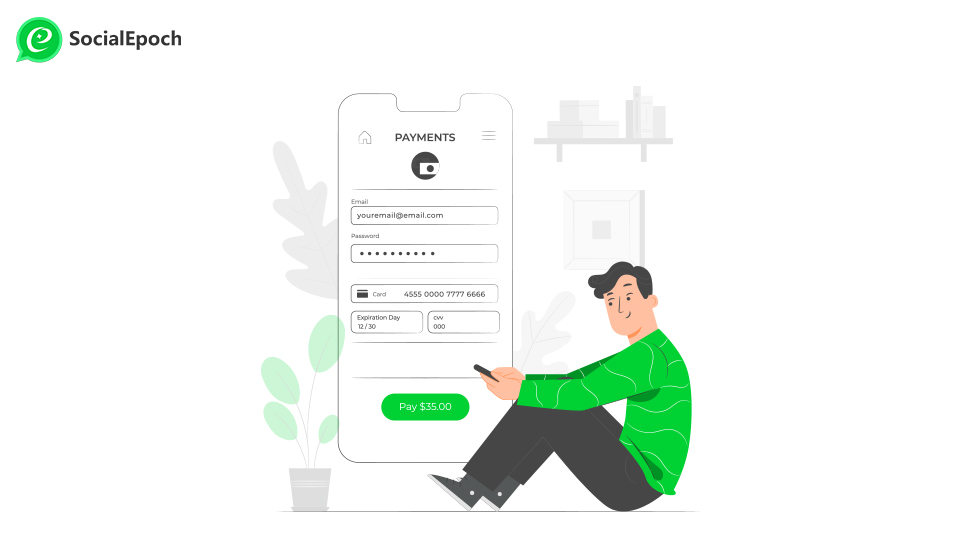
WhatsApp has recently introduced a payment feature WhatsApp pay that allows users to make instant payments using WhatsApp chat box. This feature can be really useful for fintech customers to make instant payments for insurance premiums, service charges, and more.
7. SCRM
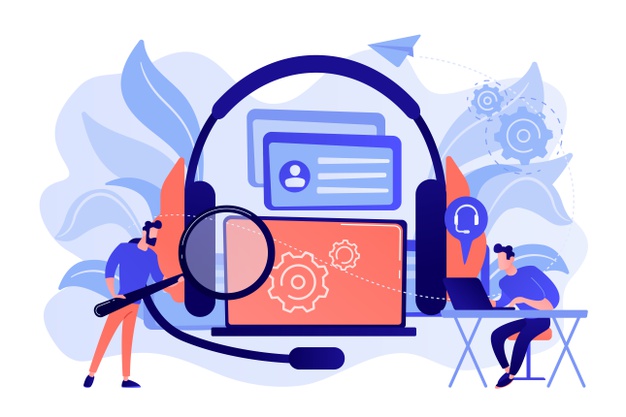
WhatsApp Business is being extensively used as an SCRM tool for businesses such as e-commerce, real-estates, healthcare, and educational fields. WhatsApp Business can be used as an SCRM tool for banking as well. It can help in finding prospects, nurturing leads, and converting them into customers. WhatsApp Business as an SCRM tool provides fintech organizations a centralized system for marketing funnel, business interactions, and supreme customer care services.
WhatsApp SCRM can help banking organizations know and understand their customers better. It helps in providing customized customer care services which will ensure longer retention and customer loyalty.
With WhatsApp Business features onboard, banks can make communication faster, easier, and more engaging. WhatsApp provides personal consultation and direct contact to keep communication flowing. WhatsApp when deployed in financial sectors boosts customer experience and allows wider reach to the customers.















